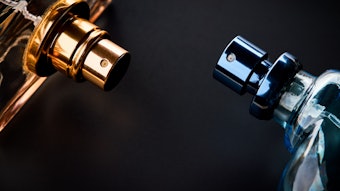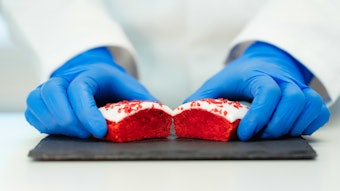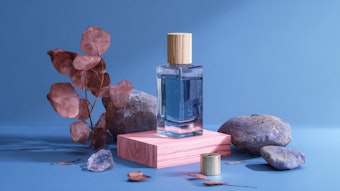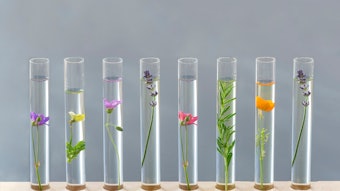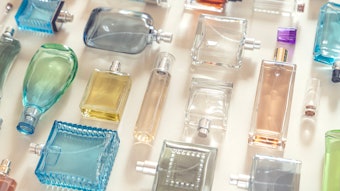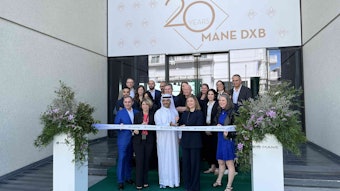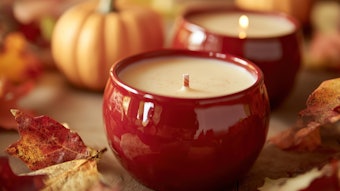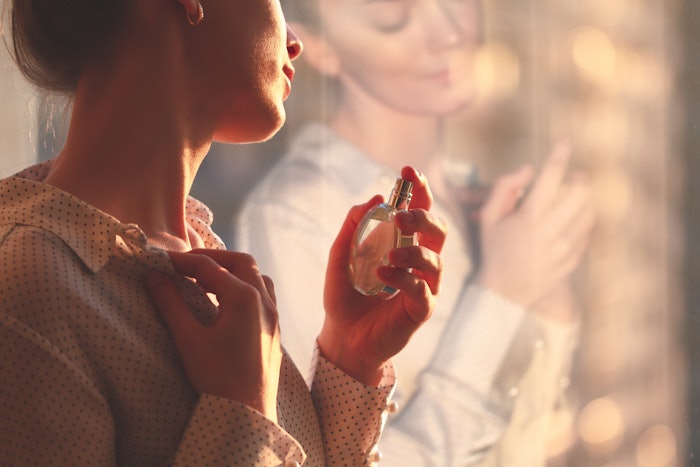
The fragrance industry is at a pivotal moment. By the end of 2025, the global perfume market is expected to reach a staggering $53 billion, signaling a booming Shannaz Schopfer, chief executive officer, The Beauty ArchitectsCourtesy of The Beauty Architects
Shannaz Schopfer, chief executive officer, The Beauty ArchitectsCourtesy of The Beauty Architects
Enter the alcohol-free fragrance movement, a rapidly growing category that’s capturing attention worldwide. While traditional perfumes rely on alcohol as a solvent to help distribute fragrance, recent advancements are making it possible to create high-quality, alcohol-free alternatives without sacrificing performance, longevity, or sensorial appeal.
Why Now? The Key Drivers Behind Alcohol-Free Fragrance Innovation
The shift toward alcohol-free perfumes is not just a passing trend—it’s a response to multiple powerful market forces:
- Regulatory Pressures: With tightening environmental regulations, particularly in California and the EU, volatile organic compounds (VOCs) are under greater scrutiny. Alcohol-free formulations offer a compelling alternative as brands look to future-proof their products.
- Cultural Preferences: In regions like the Middle East and parts of Asia, alcohol-free perfumes are a cultural norm due to religious and social expectations. This demand has been a driving force in the growth of alcohol-free options, especially in the luxury fragrance sector.
- Consumer Demand for Skin-Friendly and Sustainable Products: Alcohol can be drying and irritating to the skin. As the "skinification" trend merges skincare with fragrance, consumers are seeking perfumes that not only smell good but also nourish and protect their skin.
The Science of Alcohol-Free Fragrance: Droplet Control Technology
Creating a high-performance alcohol-free perfume requires more than simply removing alcohol from the formula. One breakthrough technology, Droplet Control Technology, is revolutionizing the industry. Developed by Klearia and industrialized by P&B Group, this innovation uses nano-fluidic engineering to create stable, high-quality emulsions without alcohol.
Klearia’s CEO and founder, Clément Nanteuil, explains the technology: “Our process begins by structuring perfume at the nanometric scale. We use moderate pressure on emulsions, where fragrance oils—traditionally dissolved in alcohol—are softly elongated and broken down into ultra-fine droplets. This process allows us to create nano-emulsions that are stable, sensory-rich, and able to preserve the fragrance’s integrity.”
 Alcohol-free fragrances can be used in fine fragrance, body care, and fragrance-infused skincare.Владимир Паляница at Adobe Stock
Alcohol-free fragrances can be used in fine fragrance, body care, and fragrance-infused skincare.Владимир Паляница at Adobe Stock
- Enhanced Longevity: Alcohol evaporates quickly, leading to shorter-lasting scents. Without alcohol, the fragrance lingers longer on the skin.
- Silky Texture: Alcohol-free perfumes feel velvety and hydrating, unlike traditional alcohol-based sprays that can be drying.
- Skin Benefits: The stable emulsions created by Droplet Control Technology allow for the incorporation of skincare ingredients, such as moisturizers and antioxidants, offering added benefits beyond scent.
As Laurent Dodet, CEO of P&B Group, notes, "Droplet Control Technology reimagines fragrance formulation at the molecular level, delivering superior sensory experiences and stability."
Market Applications: Where Alcohol-Free Fragrances Shine
As Julia de Strada, Head of Marketing at P&B Group, puts it, “Alcohol-free perfumes are making their mark in several areas, blending fragrance with skincare and providing unique consumer experiences.” Applications include, but are not limited to:
- Luxury Skin Perfumes: Alcohol-free fragrances encourage a direct-to-skin application ritual, often enriched with skincare ingredients. These perfumes are designed for longer wear, providing a multi-sensory experience that hydrates and nourishes.
- Higher fragrance concentration (15-25%) for lasting impact.
- No photosensitivity, making them safe for daytime wear.
- Gentle on the skin, suitable for sensitive skin and even baby-friendly formulations.
- Hair & Body Mists: Traditional hair perfumes can dry out hair due to alcohol content. Alcohol-free mists hydrate and condition hair while delivering long-lasting fragrance.
- Non-drying and conditioning.
- Longer-lasting scent retention on hair.
- Can be adapted for SPF-infused body sprays or other functional products.
- Skincare-Infused Fragrances: As the line between skincare and fragrance blurs, brands are integrating active ingredients like hyaluronic acid, vitamin C, and antioxidants into their fragrance formulas. These alcohol-free options not only smell exquisite but also offer skincare benefits such as hydration, anti-aging, and soothing effects for sensitive skin.
The Industry Shift: A Sustainable and Regulatory-Friendly Alternative
Beyond consumer preferences, alcohol-free fragrances offer compelling advantages in terms of sustainability and regulatory compliance:
- Reduced VOC Emissions: Alcohol-free perfumes produce fewer VOCs, aligning with global sustainability efforts.
- Lower Carbon Footprint: Alcohol production is energy-intensive, so alcohol-free perfumes have a smaller environmental footprint.
- Regulatory Resilience: With growing alcohol restrictions in markets like the EU, alcohol-free formulas offer brands a way to stay ahead of regulations.
Laurent Dodet points out, "Fragrance brands that invest in alcohol-free innovation today will be the ones shaping the industry tomorrow. This isn’t just about compliance—it’s about leading a new era in perfumery."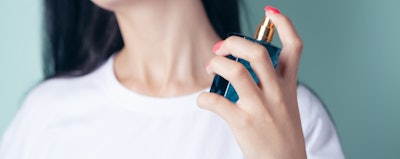
The North American Market: A Game-Changing Opportunity
The North American market is rapidly emerging as a pivotal arena for alcohol-free perfumes. With increasing consumer demand for cleaner, skin-friendly products, brands have a unique opportunity to capitalize on this rising trend. Alcohol-free perfumes, in line with the broader shift toward cleaner beauty, have the potential to revolutionize the market and give brands a significant competitive advantage.
Today’s fragrance consumers are well-informed and seek products that align with their values of sustainability and skin-friendly formulations. Alcohol-free perfumes not only deliver a refined sensory experience but also cater to this expanding demand.
The Future of Fragrance is Alcohol-Free
Alcohol-free perfume technology is more than just an alternative to traditional formulations—it’s a revolution. With innovations in nano-emulsions, enhanced skin compatibility, and sustainability benefits, alcohol-free fragrances are set to redefine the future of fine fragrance. Brands that embrace this shift early will not only meet the demands of today’s consumers but also lead the way into the future of perfumery.
For fragrance brands looking to stay ahead, the message is clear: the next generation of fragrance is here—and it’s alcohol-free.



